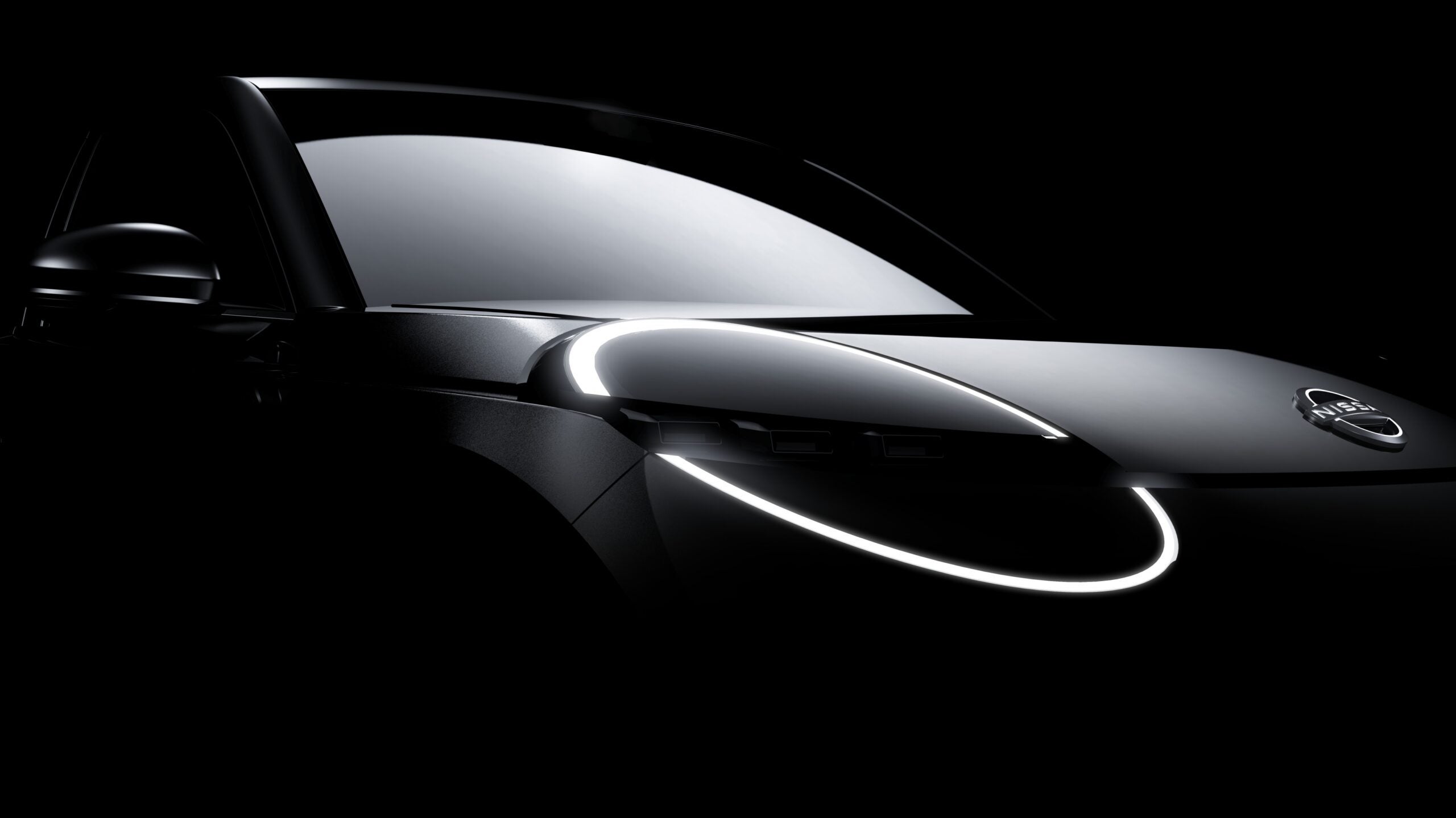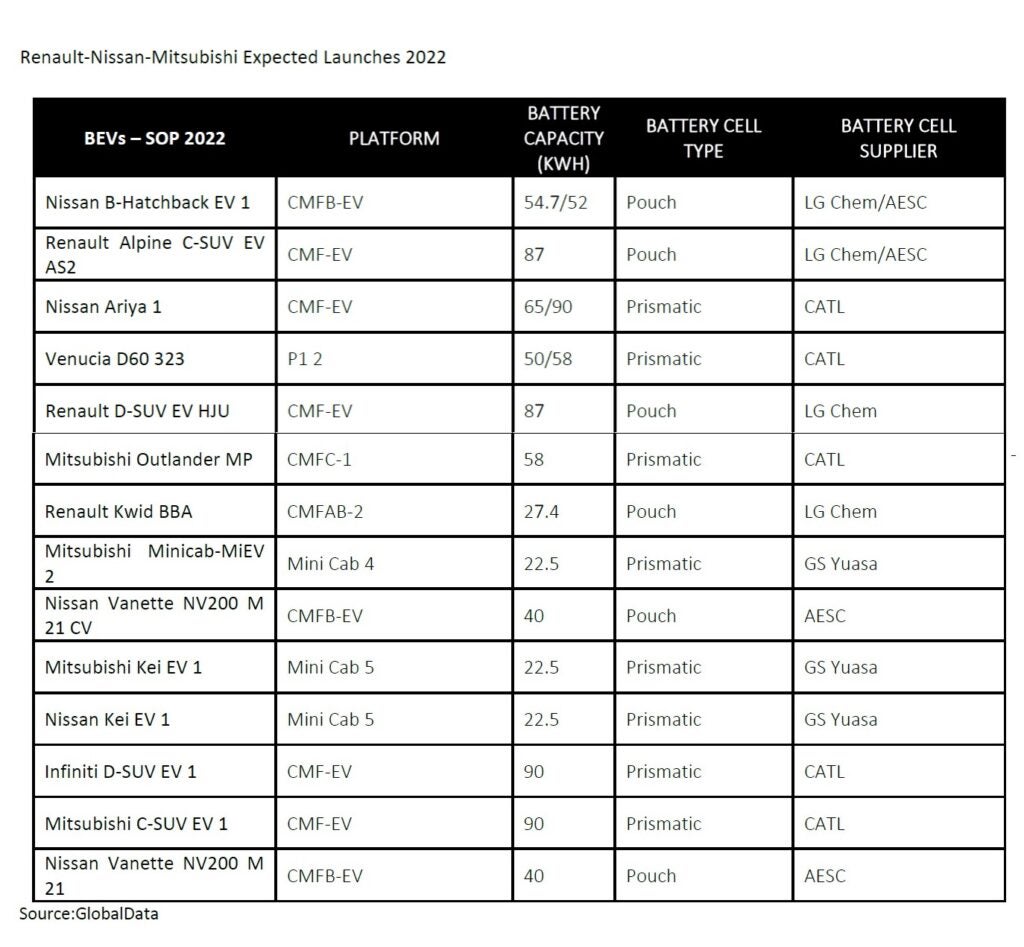
Traditional automakers have been gearing up themselves against the disruption caused by new technology companies in vehicle electrification such as Foxconn, Sony and others. Automakers globally are forming alliances, getting in global partnerships, making vertical integrations through M&A to enhance their electric vehicle (EV) development capability, secure adequate supply and share the costs of development.
The Renault-Nissan-Mitsubishi Alliance has said it will spend EUR23bn in the next five years on electrification, leading to 35 new EV models by 2030. That’s on top of EUR10bn invested so far.

Discover B2B Marketing That Performs
Combine business intelligence and editorial excellence to reach engaged professionals across 36 leading media platforms.
Continuing the ‘leader-follower’ scheme defined in May 2020, select technology is developed by one leading team with the support of the followers, thereby allowing each member of the Alliance to access all the key technology.
The Alliance has also defined a common 2030 roadmap on pure-EV and intelligent & connected mobility, sharing investments for the benefits of its three-member companies and their customers.
The investment will be aimed at developing a common EV platform for all member companies, which will be an addition to the existing four common EV platforms namely CMFB-EV, CMF, Mini Cab, and P1 as per GlobalData records. These existing platforms are categorised as low-cost/economy and the next platform to be developed is also anticipated to be focused on compact EVs – which is a key focus area for the alliance.
Apart from the common platform, the alliance aims to standardise and share batteries, battery technology and other components for its EVs to come. The development would intensify the existing investments by the alliance into EVs. The alliance has been already working on a shared business model to utilise individuals’ core expertise and capabilities to enhance competitiveness and profitability. This has resulted in shared manufacturing, OEM supply agreement, co-development of future technologies i.e. connected, autonomous, shared and electric. A recent example is the Renault-Mitsubishi OEM supply agreement in Europe and sharing of Nissan’s Li-ion battery technology. The alliance also plans to jointly invest in battery capacity to produce in France, Britain, China and Japan a total of 220-gigawatt hours of battery capacity by 2030 under the plan.
Presently, AESC, LG Chem, CATL and GS Yuasa remains some of the key suppliers to the alliance. With its sharing model, the alliance aims to halve battery manufacturing costs and make EVs as affordable as their gasoline-powered counterparts.
The Renault-Nissan-Mitsubishi Alliance is a global leader in EVs, the sales group collectively sold over 236K BEVs in 2021 as per GlobalData (which is 5% of global BEV sales in the year). The group leads the compact BEV space with its Nissan Leaf and Renault Zoe. The shared platforms and standardisation of batteries and their capacity across models will help the three brands to achieve economies of scale and withstand the new open EV platform business models introduced by technology companies such as Foxconn, Baidu, Sony and others. Further, the launch of 30 BEVs over the next decade will significantly enhance their competitive position in the global EV market and help group companies within Nissan, Renault and Mitsubishi to achieve their individual electrification and carbon neutrality targets.
Nissan earlier announced 15 BEVs by 2030 and said it would make half of its vehicle mix electric. Similarly, Renault aims to be 100% electric in Europe by the same time and aims to launch 10 new EV models by 2025.
Renault-Nissan-Mitsubishi Expected Launches 2022







